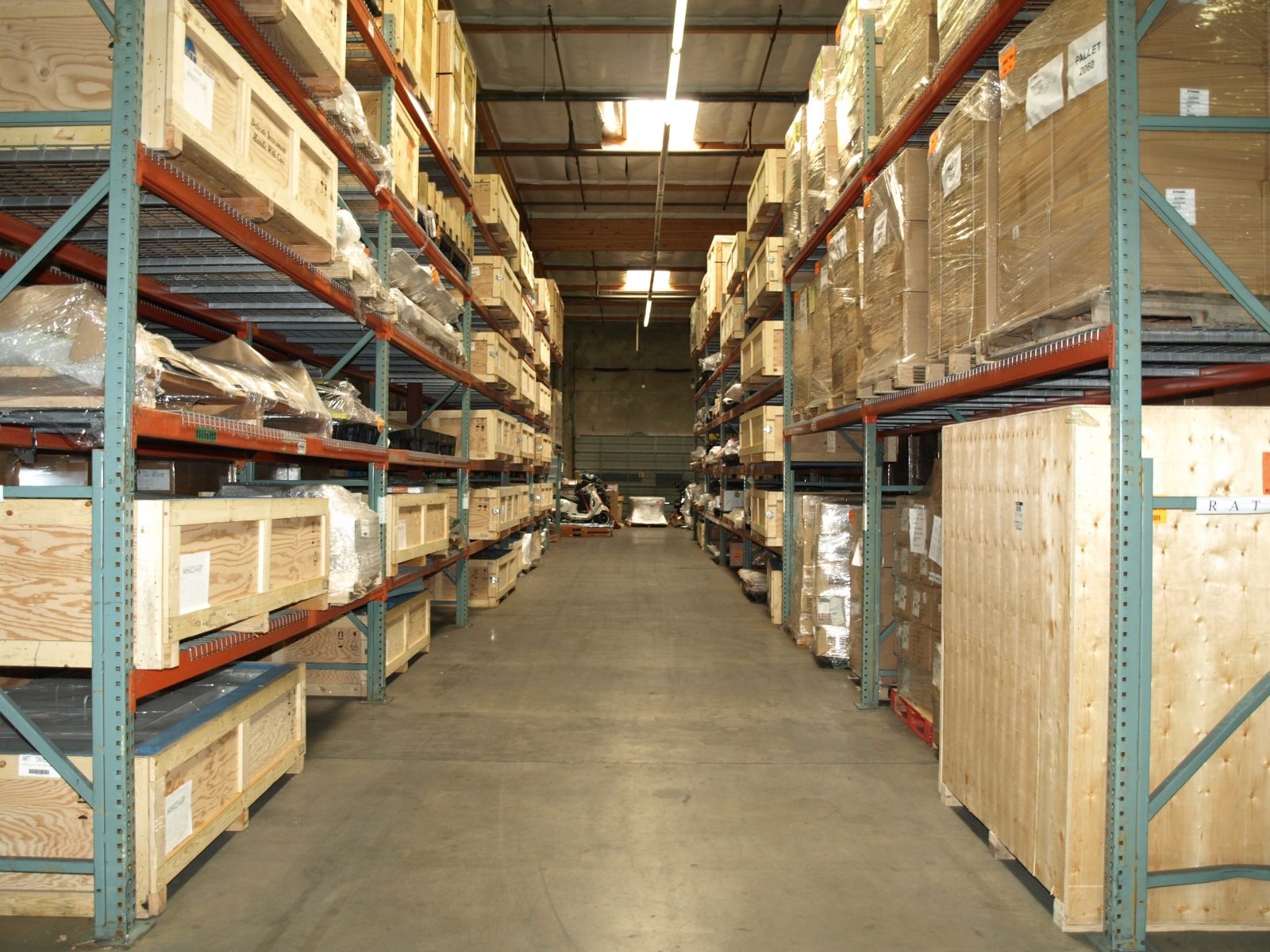
Often, I am asked by clients why I recommend that we extend our Property Insurance Policy to cover their inventory/materials/tradeshow booth/dies/equipment that is in the Care, Custody or Control of another.
A few examples of clients with this situation:
- Food manufacturer might have all of their packaging stored at their printers, to be delivered to them, as needed, to save floor space in the factory.
- Manufacturer who contracts out the final assembly of their product to another business
- A sales organization that has a booth for tradeshows that they store with their exhibit service provider
- A distributor who contracts the storage of their refrigerated/frozen product to a cold warehouse
- Distributor who uses a warehouse/shipping facilitator who handles the management of their inventory and delivery
In each case (and there are many more examples), I recommend that we add the storage facility as a location to the Property Insurance and insure the items to value.
I know it seems counter-intuitive, since my client is paying this other company for the service and the other party should be responsible, but this really makes sense.
I believe that things work best when each party insures their own “stuff”. This way, if anything happens, my client has control of the claim – it is their adjuster from the insurance company that they have a relationship with. Plus, as the agent, I can help and intervene.
Also, I do not like being dependent on others’ if my business is at stake. For instance, what if the warehouse didn’t pay their insurance premium and the policy is cancelled? What if they were underinsured and there isn’t enough insurance to cover my client’s inventory? There are too many “what ifs” and unknowns to rely on the storage facility.
But it isn’t just my preference, it is also contractual. In most contracts, it is clearly spelled out that the storage facility is not responsible for insuring their customers’ items. This is standard industry practice, and it makes a lot of sense. I think that it would establish a false sense of security if the warehouse told its customers that they would be responsible for and insure everything they held in storage.
- Many times, the facility would have no idea how much it would cost to replace their customers’ things.
- Typically, Property of Others is written on an Actual Cash Value basis, instead of Replacement Cost and there are additional exclusions for this coverage, which means the insurance wouldn’t/couldn’t be as good as if the customer were extending their own policy.
- They are just not covered by Property Insurance – Earthquake, Flood, etc. Would the warehouse be responsible even if there was no insurance? The customer might believe so.
For many reasons, the industry has evolved that the service a warehouse provides is to safely store items for customers, but it is still the customer’s responsibility to properly insure those items.
Bottom line, I tell my clients that it is their stuff and nobody is going to care about it more than they will. Don’t rely on somebody else’s insurance to cover your critical business items. Even if they aren’t happy about it (which never happens), when we read the contract, the argument is over.
I hope this has been helpful explaining why you should always insure your “stuff”, even when it is away from your premises. If you have any questions or would like to discuss, do not hesitate to reach out to me.


